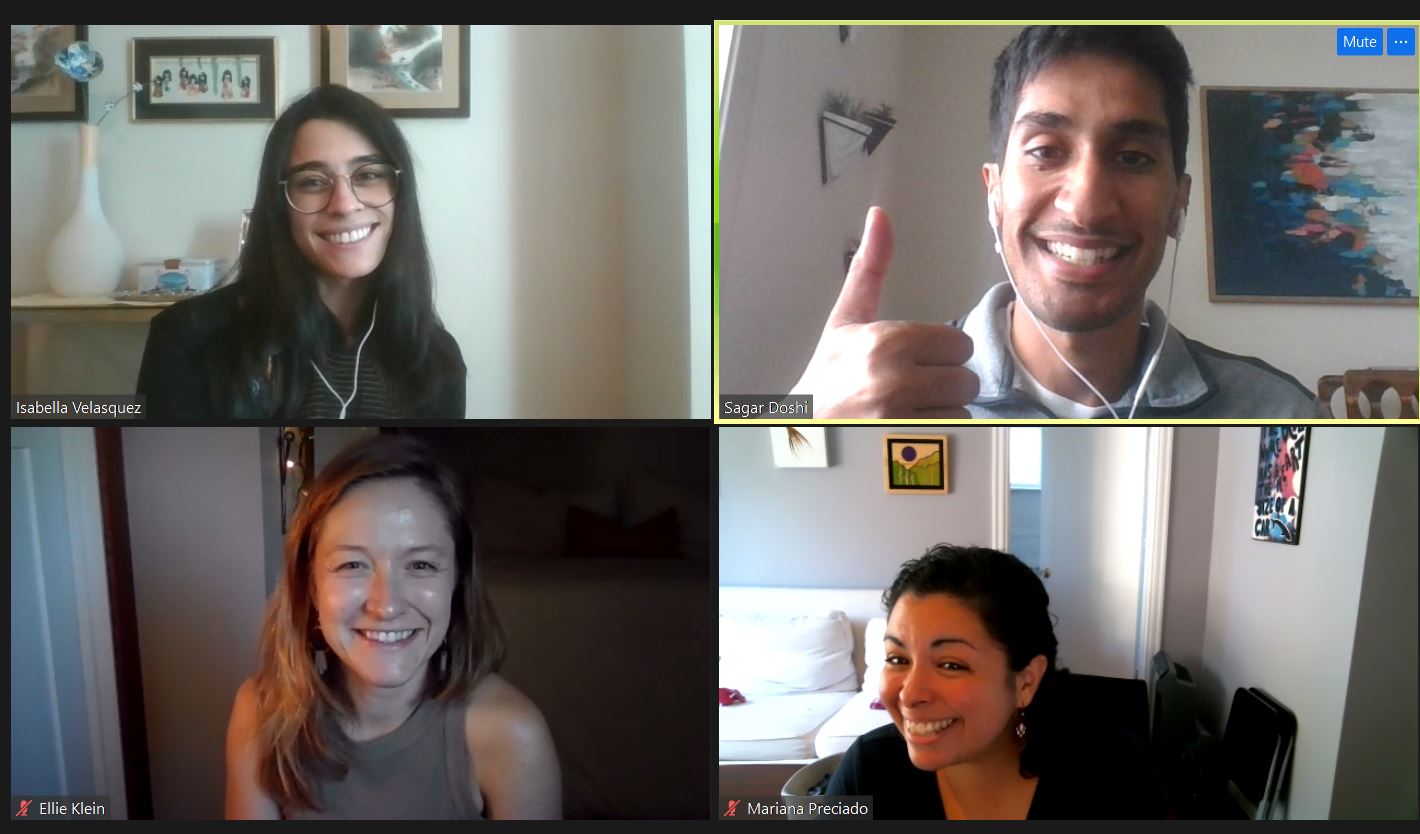Maximizing Your Impact: Best From Inside or Outside the Corporate Sustainability Team?
I have always been interested in pursuing a career with sustainability impact. During the search for a perfect MBA internship, I had the dilemma of choosing between a specialized sustainability role or a traditional business role (e.g. Operations, Marketing, Finance, etc.). Although many industry experts have told me that I can have the same impact – or perhaps even more – from within the core business, I was still skeptical until I experienced it myself.
I spent my internship this past summer working in Apple’s Operations group. My project focused on helping the company shift significant portions of its supply chain from air to sea transportation. Although the primary motivation for the project was cost savings, I immediately realized its huge potential for environmental implications.
Given the tremendous demand for Apple products, shifting a portion of the supply chain to sea has a tremendous environmental impact – estimated at a savings of 150,000 tons of CO2e per quarter! In case you are not impressed, that is the equivalent to the energy consumption of 90,000 U.S. households or 120,000 cars, per quarter, every quarter. Apple executives were just as eager to learn about the sustainability impact of my recommendations as they were about the financial savings, and I kept in mind both the business case as well as the environmental implications, throughout my analysis.
Bringing environmental considerations into meetings with Operations managers (and other functions, of course) was the best way to create real and sustainable change. During this project, employees in Apple’s Sustainability Department were also involved in the analysis. However, the ultimate decision of how to transport the products was done by Operations managers. Employees working in the Sustainability group have rich knowledge; however, due to their position in the organization, may lose the battle when there are tough trade-offs to be made between sustainability and business objectives. Working within the Operations group, but armed with sustainability knowledge, positioned me well to make the best decisions with the most influence.
If you are facing a similar dilemma to mine about what kind of job or internship to seek, my advice would be to strongly consider a role within a core function! Once in that role, consider the many ways for you to have environmental impact:
- First, identify the biggest environmental impacts of the business that your functional area works on.
- Next, think of solutions that will make business sense as well as reduce negative impacts.
- In some cases, you may need to reframe the problem so that environmentally-friendly solutions are part of the range of potential solutions. For example, instead of asking “how can we reduce our packaging costs?” you can ask “do we need so much packaging for our products?”. By broadening the question and increasing the number of potential solutions, one can find solutions that have both financial and environmental positive returns.
- Lastly, make sure to involve your company’s sustainability team, as they will be able to provide data, frameworks and ideas for how to tackle some of the biggest problems you may be facing.
Good luck!



